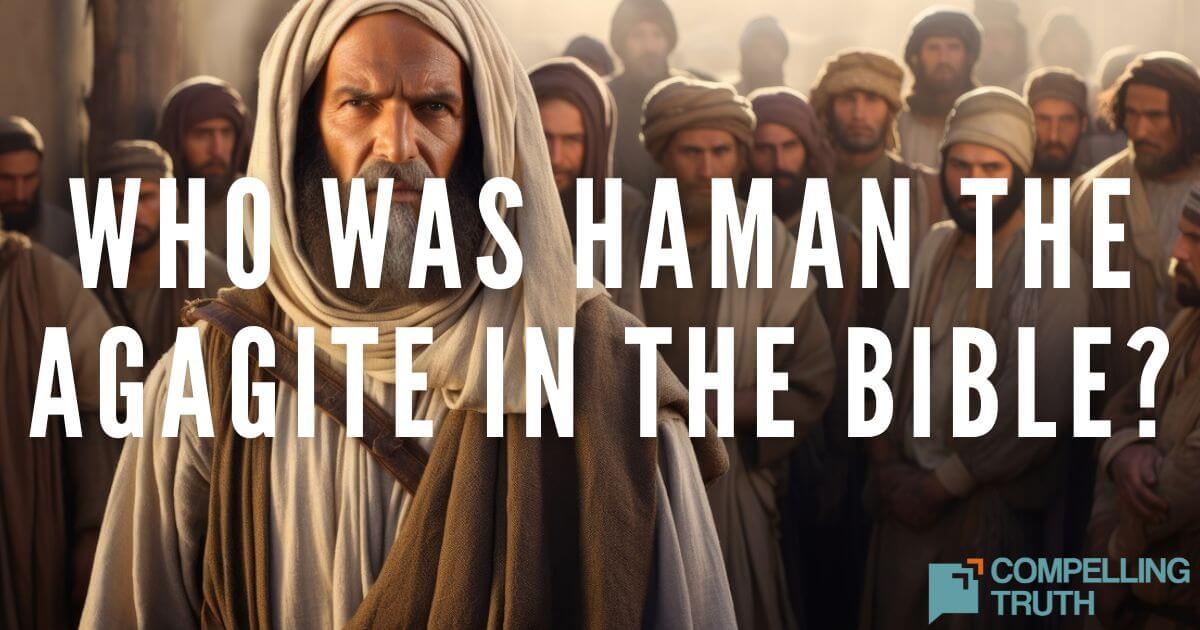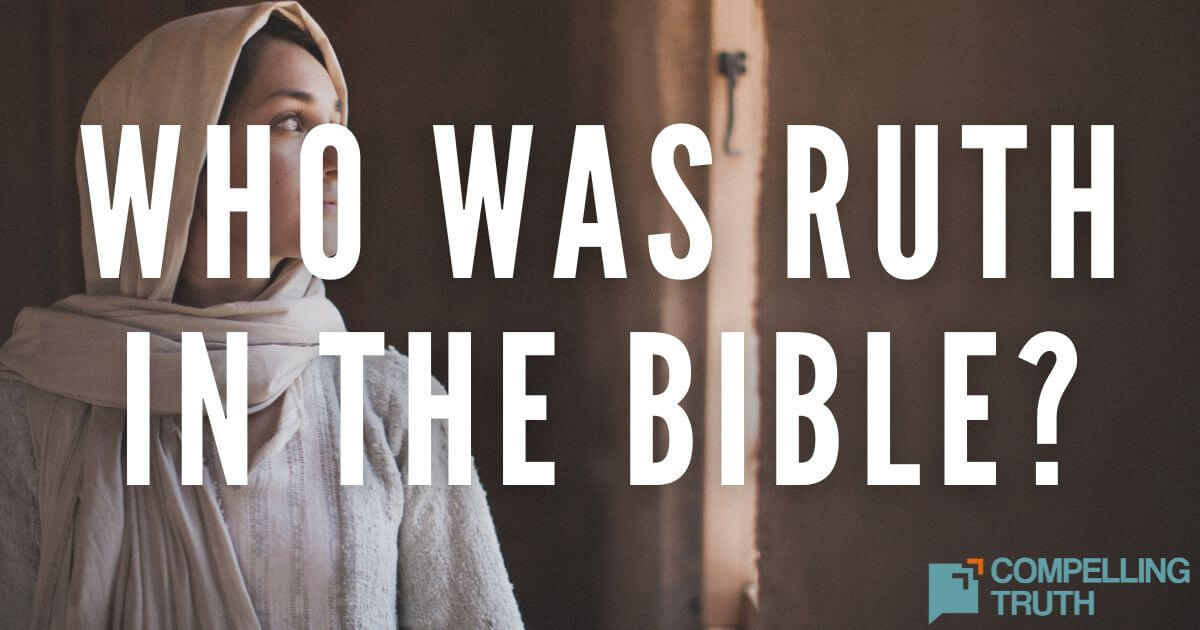Esther lived in the Persian Empire during the reign of King Xerxes I who reigned from circa 486—465 BC. Her story is recorded in the Old Testament book that bears her name. Esther, or Hadassah in Hebrew, was a Jew living in exile before becoming wife of Xerxes. Although Esther had little control over her life, God did great works in and through her.
Esther, a Jewish woman living in exile, rose to become queen of Persia through circumstances beyond her control. Her bravery and wisdom saved her people from annihilation when faced with a decree to exterminate them. Esther's tale speaks about the importance of courage in the face of difficulty and the power of taking risks for the greater good. Her readiness to risk her own life to plead for her people teaches us about the value of selflessness and standing up for what is right, even in perilous situations. Moreover, Esther's strategic approach in gaining favor with the king, as well as her patience and discernment in revealing Haman's treachery, highlight the significance of tact and wisdom in navigating complex situations.
Esther’s life demonstrates that when we walk with God, He can do the impossible in our lives. Before going to see the king, Esther, her maidservants, and the Jewish people fasted in submission before God. After bringing their plight before Him, Esther acted on faith, courage, and wisdom to pave the way for deliverance and redemption. Esther trusted that God's will would be done whether that meant her life would be spared or not. She knew she had to stand up for what was right even though she didn't know the outcome. It's important to note that her action was not spontaneous or rash. She thought critically about how to resolve the issue and did it in a way that both honored the king and God. Her brave actions saved a nation and led the Jewish people to a new level of influence in Susa.




